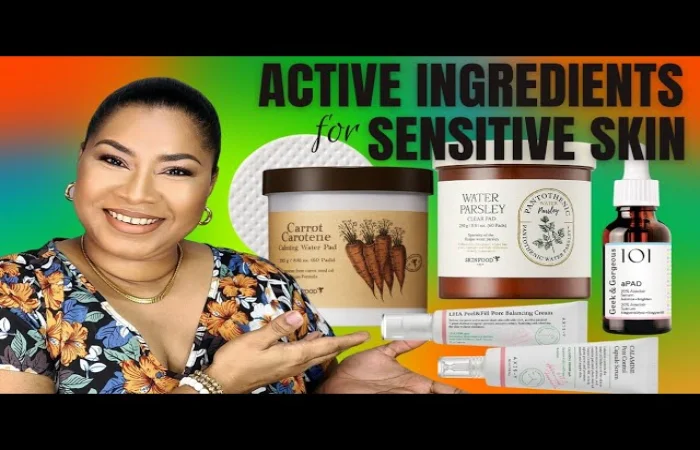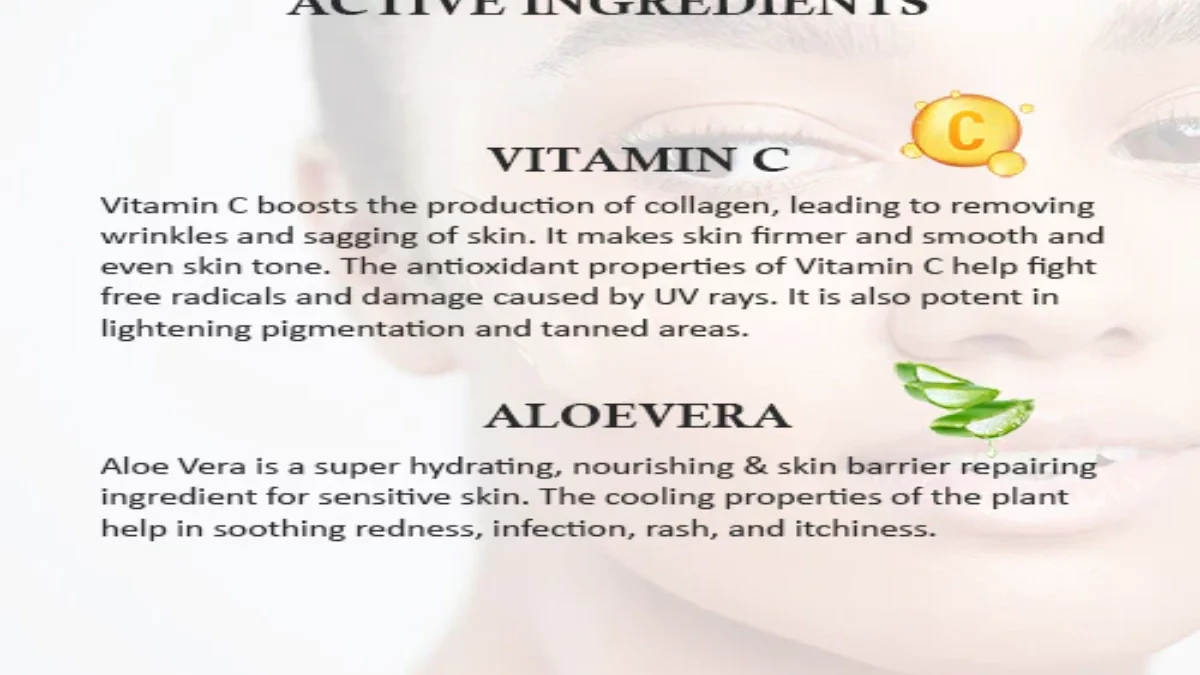Sensitive Skin: Skin sensitivity is one of the common problems. But, do you want to know how to deal with it? The experts answer and discover what active ingredients you should include in your beauty routine!
- Beauty. Moisturizing active ingredients: what they are and which are the most important
- Beauty treatments. The best active ingredients for the skin with an anti-aging effect: are retinol, vitamin C, and hyaluronic acid… which one to choose?

Pollution, daily stress, or environmental conditions are some of the factors that directly affect skin sensitivity. But, before talking about how to take care of it, it is essential to know how to identify sensitive skin.
Having this clear, we ask ourselves, is it a skin problem that originates with time, or is it born with it? Gisella Gil, naturopath and founder of The Emotions Lab, and Antonio Rivera, from SpainLab, agree that lifestyle, hormonal changes, psycho-emotional states, or external circumstances “influence whether it develops sooner or later.”
Table of Contents
Standard Features of Sensitive Skin
To quickly (re)know it and learn how to treat it as soon as possible, Antonio Rivera will explain what common denominators this type of sensitive skin has :
- Visible external changes: tingling, redness, skin flaking, tightness, burning, itching, intense itching… The skin reacts when it comes into contact with certain cosmetics or when exposed to cold, sun, or wind.
- Disparity – Many experts consider this a variant of average rather than a disease. Thus, people with greater reactivity to different stimuli would be typical.
- More permeable skin: this type of intolerant skin stands out for absorbing external substances more quickly, so applying certain products that are not irritating can cause discomfort. This occurs due to damage to the skin’s protective barrier, which causes excessive water loss.
- More frequent in the youngest: age is another factor that influences the possession of sensitive skin. In addition, other aspects such as race, hygiene, or cultural habits influence. Therefore, babies or younger people, as well as the elderly, are more prone.
- Relationship with the Microbiome: sensitive skins have affected the microbiome; their skin microbiome is being altered in the concentration of the different species or because there has been an incorporation of pathogenic species.
What Should Avoid a Sensitive Skin?
Once we check whether or not we are dealing with sensitive skin, Gisella Gil emphasizes that, from an external point of view, “it is advisable to avoid sudden changes in temperature, prolonged exposure to cold, wind or heat sources, synthetic clothing, soaps chemicals or certain food preservatives. But, on the other hand, and from an integrative perspective, what is recommended “is good psycho-emotional hygiene and adapting our lives to what makes us vibrate can greatly improve symptoms,” she says.
In terms of beauty, the founder of The Emotions Lab maintains that less is more is the winning bet in this type of skin. “The ideal is few products, all of them of natural origin and to be able to be emotional, to balance the emotional care of the skin.” Antonio Rivera talks about facial cleansing with suitable products that help improve the skin’s barrier function. “Makeup remover and cleanser will be of great help as long as we apply them with gentle massages, without friction or strong pressure, and with warm water,” he points out. The micellar gel with a minimalist formula will be the protagonist of the first step, to remove dirt and makeup, and micellar water with a formula without rinsing and with the same pH as the second skin.
Cosmetics with Minimalistic Formulas
Sensitive skin needs pampering, and we listen to it and give it what it demands of us. To fulfill her desires, it is best to provide her with an extra dose of active ingredients such as Niacinamide, which helps repair the skin barrier; Canella Asiatic, which is soothing and healing, as well as helps to maintain moisture in the skin; and panthenol, with moisturizing, emollient and anti-inflammatory properties. Within floral therapy, Gisella Gil highlights Beech (beech flower), Mimuli ( Mimulus guttate ), and Aspen (aspen).
The importance of these active ingredients in the care routine for sensitive skin is that both experts agree that they must be present in all the cosmetics used. However, the founder of The Emotions Lab points out that the combinations that work today may not work tomorrow. “Emotions change, life circumstances change, too. You change your lifestyle, and your skin responds differently,” she explains. Everything depends on the person and, above all. On their ability to listen, understand and know what the dermis wants to show them.
Tips for Caring for Sensitive Skin
As a final recommendation, Antonio Rivera explains nine tips that, once put into practice, significantly improve this skin condition:
- Avoid irritants. This is essential. Which? Those containing alcohol, fragrance, and essential oils.
- Using a moisturizer daily improves sensitive skin in the short and long term.
- Integrate pre and probiotics into your routine. Prebiotics are nutrients that keep the skin flora balanced. While probiotics are like a supplement of microorganisms that reinforce it (such as yogurt for intestinal flora).
- Add calming, active ingredients to your routines, such as Niacinamide and peptides.
- Strengthen the skin barrier by incorporating repairing ingredients. Such as those contained in vegetable oils (always ensuring that they are NOT essential oils) and ceramides.
- Protect from the sun, preferring mineral sunscreens, since chemical filters may not be well tolerated by sensitive skin).
- Minimize stress. To achieve this, you can meditate or do physical exercise. Both resources are approved by science and, in addition, directly benefit the skin.
- If you have super sensitive skin, avoid scrubs altogether. Also, if you have sensitive skin, avoiding harsh chemical exfoliants is a good idea, but you can opt for a chemical exfoliant suitable for sensitive skin.
- Consult your dermatologist to rule out other pathologies that may require specific treatment, such as rosacea, atopic dermatitis, or acne.
Also Read: Burger – Camp Branch Photos

